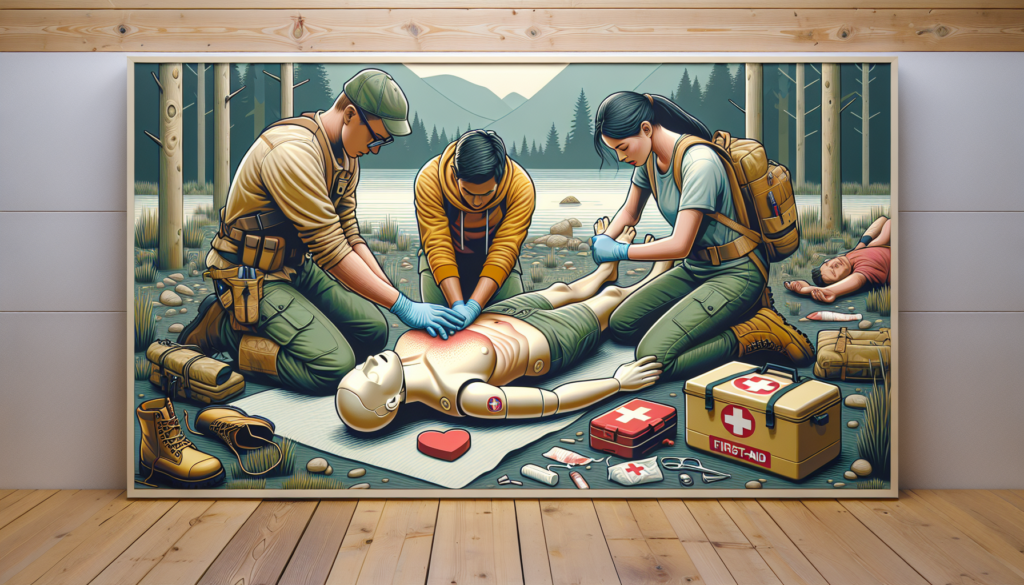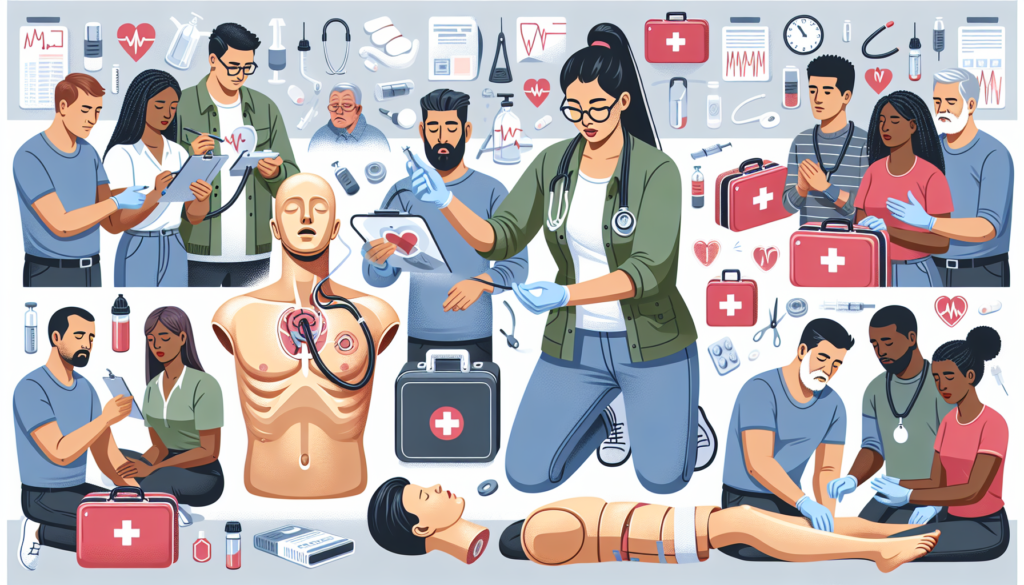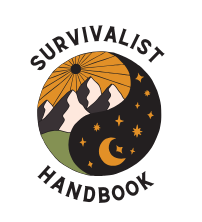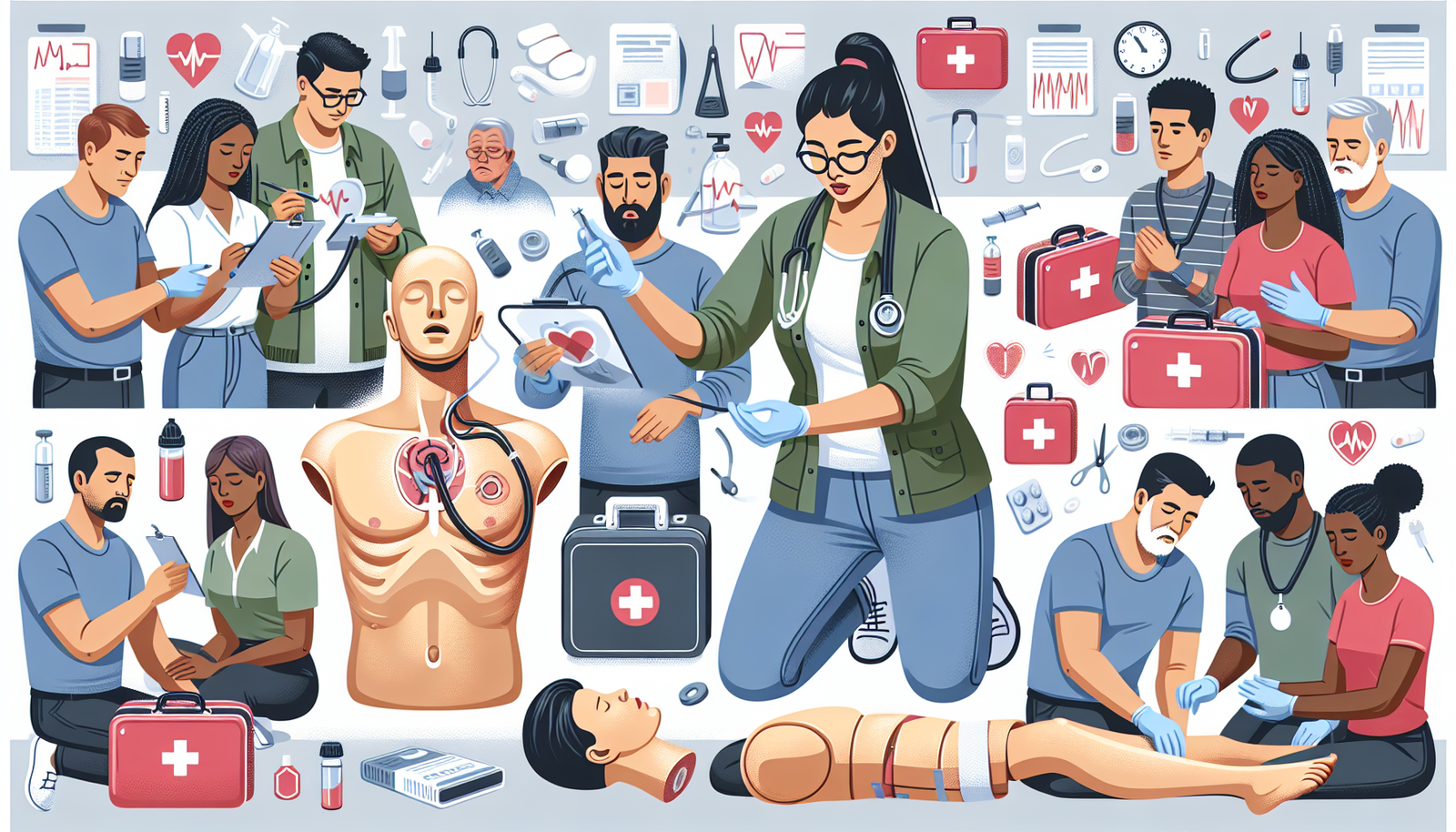In a world where unexpected situations can arise, mastering basic survival skills offers peace of mind and the potential to save lives. Whether you find yourself navigating the wilderness, facing urban disasters, or encountering life-threatening scenarios, having a basic understanding of first aid can make all the difference. It caters to diverse audiences, from curious beginners seeking introductory tips to adventurous souls preparing for extreme situations. This guide focuses on practicality, covering essential aspects such as building shelters, finding water and food, staying warm, and signaling for help. By exploring these topics, you can become self-reliant and resilient in the face of adversity, whether you’re seeking preparation for an outdoor adventure or simply want to feel equipped for life’s unpredictable twists. So, let’s dive into the world of basic first aid skills for survival situations and discover the knowledge that can help you overcome challenges and emerge stronger.
Basic First Aid Skills for Survival Situations
In a world full of unexpected situations, having basic first aid skills is crucial for anyone looking to survive and help others in emergency scenarios. Whether you are venturing into the wilderness, facing urban disasters, or encountering life-threatening situations, knowing these essential skills can make a significant difference. This article will guide you through the basic first aid skills needed to cope with survival situations, providing peace of mind and the potential to save lives.

Assessing the Situation
The first step in any survival situation is to assess the situation and identify potential risks or dangers. Take a moment to evaluate the scene and determine if it is safe for you to approach and provide help. If the situation poses a threat to your safety, it is essential to prioritize your own well-being before attempting to assist others. Remember, your safety should always come first.
Checking for Responsiveness
Once you have determined that it is safe to approach, the next step is to check for the responsiveness of the person in need. Gently tap their shoulder and ask if they are okay. If there is no response, try shouting their name or calling for help to attract the attention of others nearby. Assessing the person’s level of consciousness is vital in determining the appropriate course of action.
Performing CPR
If the person is unresponsive and is not breathing or only gasping, it is crucial to perform cardiopulmonary resuscitation (CPR) immediately. CPR involves providing chest compressions and rescue breaths to help circulate oxygenated blood to vital organs. Remember to place your hands in the center of the person’s chest, interlock your fingers, and push hard and fast at a rate of about 100-120 compressions per minute. If you are unsure about performing CPR, consider taking a certified CPR course to learn the proper techniques.
Controlling Bleeding
In survival situations, injuries may lead to significant bleeding. Learning how to control bleeding is a vital skill that can save lives. Start by applying direct pressure to the wound using a clean cloth or your hand to help stop the bleeding. If the bleeding does not stop, try elevating the injured limb above the level of the heart to reduce blood flow. Applying a tourniquet may be necessary as a last resort, but it should only be used when all other methods have failed. Remember to seek medical help as soon as it is possible.

Treating Fractures and Sprains
Broken bones and sprained joints are common injuries in survival situations. If you suspect someone has a fracture or sprain, it is essential to immobilize the affected area to prevent further damage and relieve pain. Create a splint using materials such as branches, towels, or clothing. Carefully stabilize the injured limb by securing the splint above and below the injured area. Remember to handle the person gently to minimize pain and discomfort.
Caring for Burns
Burns can occur in various survival situations, such as cooking accidents or fires. When treating burns, start by removing the person from the source of the burn and cooling the affected area with cold water for at least 10 to 20 minutes. Avoid using ice or applying creams or ointments, as they can further damage the burn. Cover the burn with a sterile non-stick dressing or clean cloth to prevent infection. If the burn is severe or covers a large area, seek medical help immediately.
Handling Hypothermia
Hypothermia is a potentially life-threatening condition that occurs when the body loses heat faster than it can produce it. In survival situations, exposure to cold weather or being soaked can lead to hypothermia. If you suspect someone is suffering from hypothermia, move them to a warm and dry area. Remove any wet clothing and cover them with dry blankets or clothing. Offer warm fluids if they are conscious. It is essential to seek medical help as soon as possible to treat severe cases of hypothermia.
Providing Emotional Support
In survival situations, people may experience fear, shock, or distress that can affect their emotional well-being. Providing emotional support is as important as providing physical care. Take the time to listen, reassure, and comfort the person in need. Offer them words of encouragement and remain calm and empathetic. Sometimes, a compassionate presence is all it takes to provide comfort and instill hope in challenging situations.
Continuing Education
While this article provides a comprehensive guide to basic first aid skills for survival situations, it is crucial to continue your education and stay updated on the latest techniques and practices. Consider taking first aid and CPR courses regularly to reinforce your skills and learn new ones. Additionally, familiarize yourself with the first aid kits and supplies that are essential for survival situations. Being well-prepared and continuously learning will enhance your ability to respond effectively in emergencies.
In conclusion, mastering basic first aid skills is vital for survival in unexpected situations. From assessing the situation to providing CPR, controlling bleeding, treating fractures and sprains, caring for burns, handling hypothermia, and offering emotional support, these skills empower individuals to become self-reliant and resilient. Remember, practice makes perfect, so take the time to learn and rehearse these skills, enabling you to overcome challenges and emerge stronger in any survival situation.

